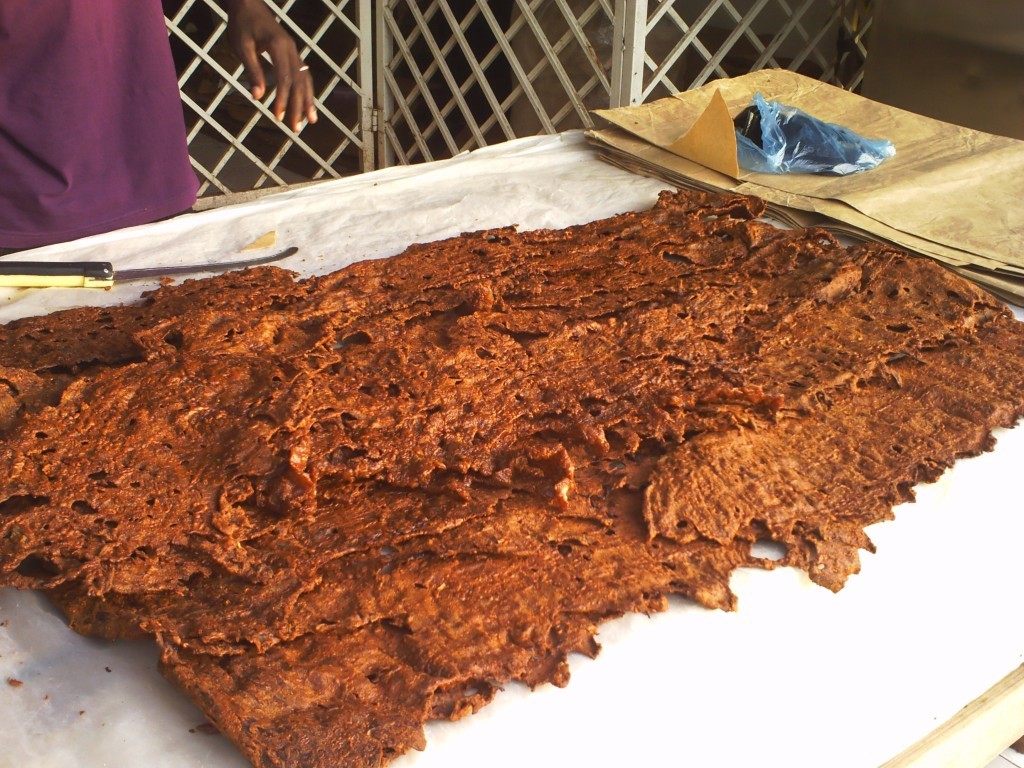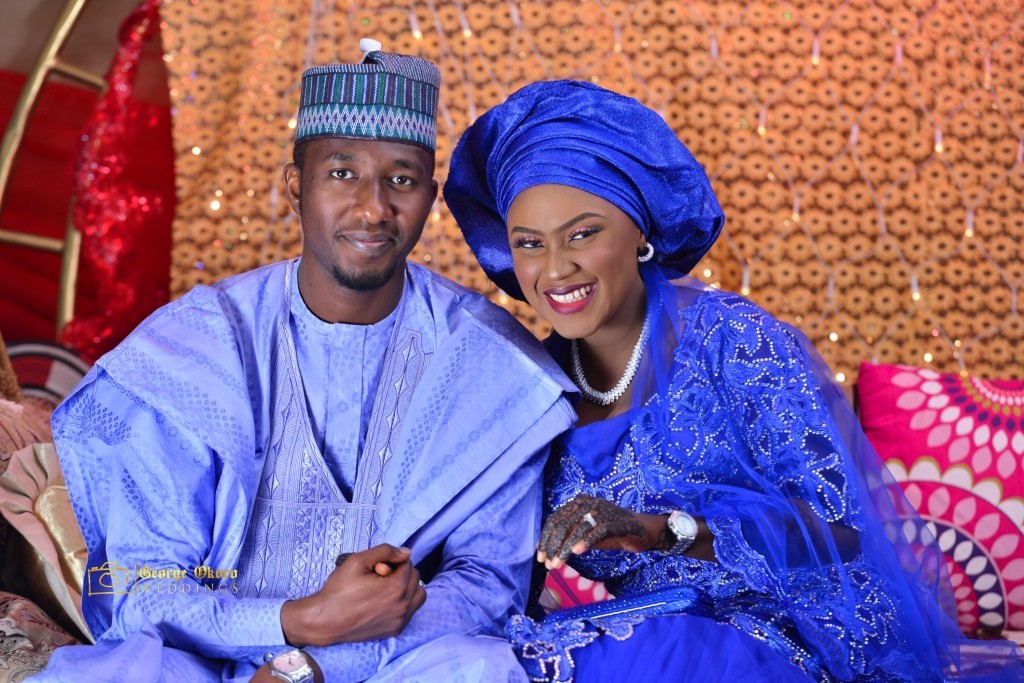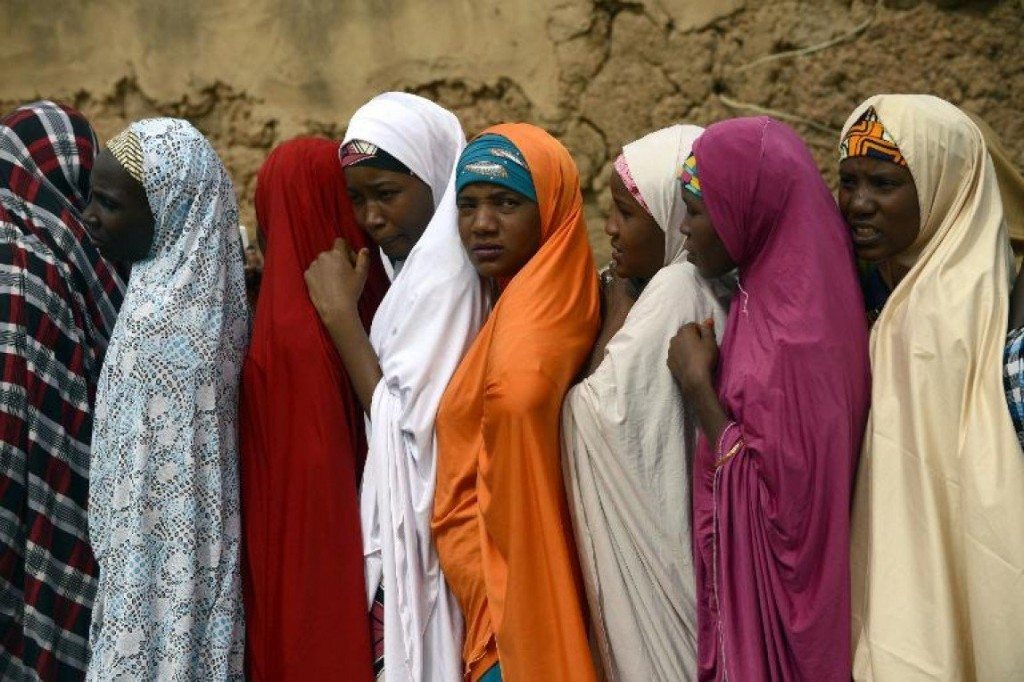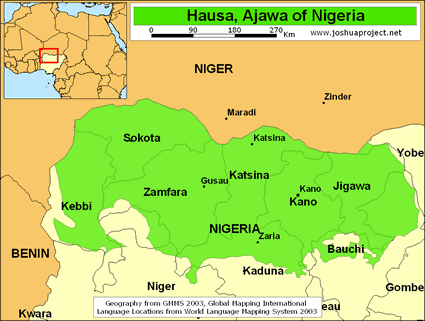The Hausa tribe is one of the three prominent ethnic groups in Nigeria. It is also one of the largest tribes in West Africa. Hausas are unique in various aspects of their culture. They have several practices that are exclusively found among them. Apart from the stereotyped characteristics of the Hausas virtually known to all, there are several other important and interesting facts you must know about them. Read on…
Their History and Location
The Hausa people are found in various parts of West Africa. The Hausa tribe is a diverse but culturally homogeneous people based primarily in the Sahelian and Sudanian areas of northern Nigeria and southeastern Niger, with significant numbers also living in parts of Cameroon, Côte d’Ivoire, Chad, Togo, Ghana, and Sudan. The greatest population of the Hausas are found in North-western Nigeria, an area commonly known as the “Hausaland”, followed by the ones residing in the adjoining southern Niger. Most of the towns and cities in Northern Nigeria are predominantly occupied by the Hausa People, since the Stone Age to the present age. These cities and towns include Kano city, Kastina, Abuja, Bauchi, Birnin Kebbi, Lafia, Makurdi, Sokoto, Suleja, Yola Zaria, Furhia, etc.
People and Culture
The Hausa people have unique cultural practices, most of which have stood the test of time. Their cultural practices have been sustained over time as a result of the strong native systems of government they have, unlike their counterparts who had to submit easily to the rulership of the colonial masters. Their religion, mode of dressing, food, marriage and language are all peculiar.
Religion
Most of the Hausas practice the Islamic religion. This worship was brought down to them by traders from North Africa, Mali, Borno, and Guinea. In the course of trading, almost all of them embraced this religion and since then, they have been holding tenaciously to it. Followers of Islam are known as Moslems or Muslims and their practices are based on the teachings of the Prophet Mohammed, as recorded in their Holy Book, the Qur’an. They hold their worship sessions in the mosque and have the practice of praying five times a day. They believe in the existence of the Almighty, Supreme God, whom they call Allah. The remaining minority practice traditional religion, known as Maguzawa, usually belonging to some local cults.
However, the traditional Hausa way of life and Islamic social values have been intermixed for such a long time that many of the basic tenets of Hausa society are Islamic. In Islam, it is important to note that there is strict adherence to the custom of separating men from women in almost all situations.
Language
The Hausa language has more first-language speakers than any other language in Sub-Saharan Africa. It has an estimated 35 million first-language speakers and 20 million second-language speakers. The main Hausa-speaking area is northern Nigeria and Niger. Hausa is also widely spoken in northern Cameroon, Chad, Sudan and the Ivory Coast among Fulani, Tuareg, Kanuri, Gur, Shuwa, Arab and other Afro-Asiatic speaking groups. Hausa is written in Arabic characters, and about one-fourth of Hausa words come from Arabic. Many Hausas can read and write Arabic. Many can also speak either French or English. Most Hausa speakers, regardless of ethnic-affiliation, are Muslims; Hausa often serves as a Lingua franca among Muslims in non-Hausa areas.
Food
The Hausa tribe is very rich when it comes to food. The most common food include grains such as millet, rice, maize or sorghum which are grounded into flour for food popularly known as “Tuwo” which can be eaten with soup called Taushe, Kaka, Dagedage etc. Ground beans cakes called Kosai or wheat flour fried and eaten with sugar called Fankasau can be eaten as breakfast porridge and sugar called Koko.

Another interesting thing about food in the Hausa tribe is that there is an abundance of meat, especially beef, since they do a lot of cattle rearing. They have popular grilled beef delicacies such as Suya, Kilishi, etc. Cow milk known as Nunu taken with Fura is also one of their frequent and treasured meals. They also have plenty of root vegetables such as onions, carrots, etc.
Dressing
The Hausa people are known for their elaborate dressing. They have a very restricted dressing code which is majorly due to their religious beliefs. The men wear large flowing gowns known as ‘Babban riga’ and a robe-like dress with designs called ‘Jalabia’ or ‘Juanni’. The men may or may not wear caps known as ‘Fula’. The women are identified by their wrappers called ‘Abaya’, blouses, head ties, shawls and hijabs. They also wear Hausa weaves as their common hairstyles. Hausa women also use jewellery, ornaments and paintings a great deal. The Lalli or henna paintings and drawings are also an indispensable part of their make up.
The Hausa tribe are also known for prominent tribal marks which they draw mainly on the face and sometimes on other parts of the body. The genesis of the Hausa tribal marks was for identification. At some point in history, every clan/village had their own distinct tribal marks that made it easy for either of them to identify their kith and kin in the event of invasion, war, getting lost, or captured for slavery. But later, the capitalist among them started ripping them off by being creative and making unnecessary tattoos on their bodies, especially the women.
Marriage
The Hausa traditional marriage is mostly based on Islamic rites, and not as time-consuming or expensive as the Igbo and Yoruba traditional marriage ceremonies. Early marriage and polygamy is very normal and common with the Hausa culture.
However, the process leading up to the marriage is slightly similar to what obtains in the other regions in Nigeria. When a man sees the woman he wants to marry, he has to, first of all, seek permission from her parents. The family of the bride-to-be will then conduct an investigation on the background of the man to determine his religious beliefs, ethics, moral and family customs, as well as every important detail concerning his upbringing. The groom-to-be if approved by the woman’s family, is allowed to see her briefly but any form of physical contact, romance or courting before marriage is highly discouraged. Once the woman accepts the marriage offer, the man sends his parents or guardians as well as elderly relatives to formally ask for her hand in marriage. In this visit, the man makes his intentions known openly while the would-be bride’s parents gives their consent, an act known as Gaisuwa.

Marriage is marked by bride-price, given by the groom’s family to the bride, and a dowry for the bride provided by her family. And after the Gaisuwa, the dowry bidding begins. They usually try to keep it as low as possible since they believe that a lower dowry attracts more blessings. The payment of dowry is known as Sadaki, after which the Sarana follows, that is, the act of fixing the wedding date. Then the wedding, called Fatihah comes, followed by the reception, known as Walima. These two events are organized depending on the decision of the two families involved.


